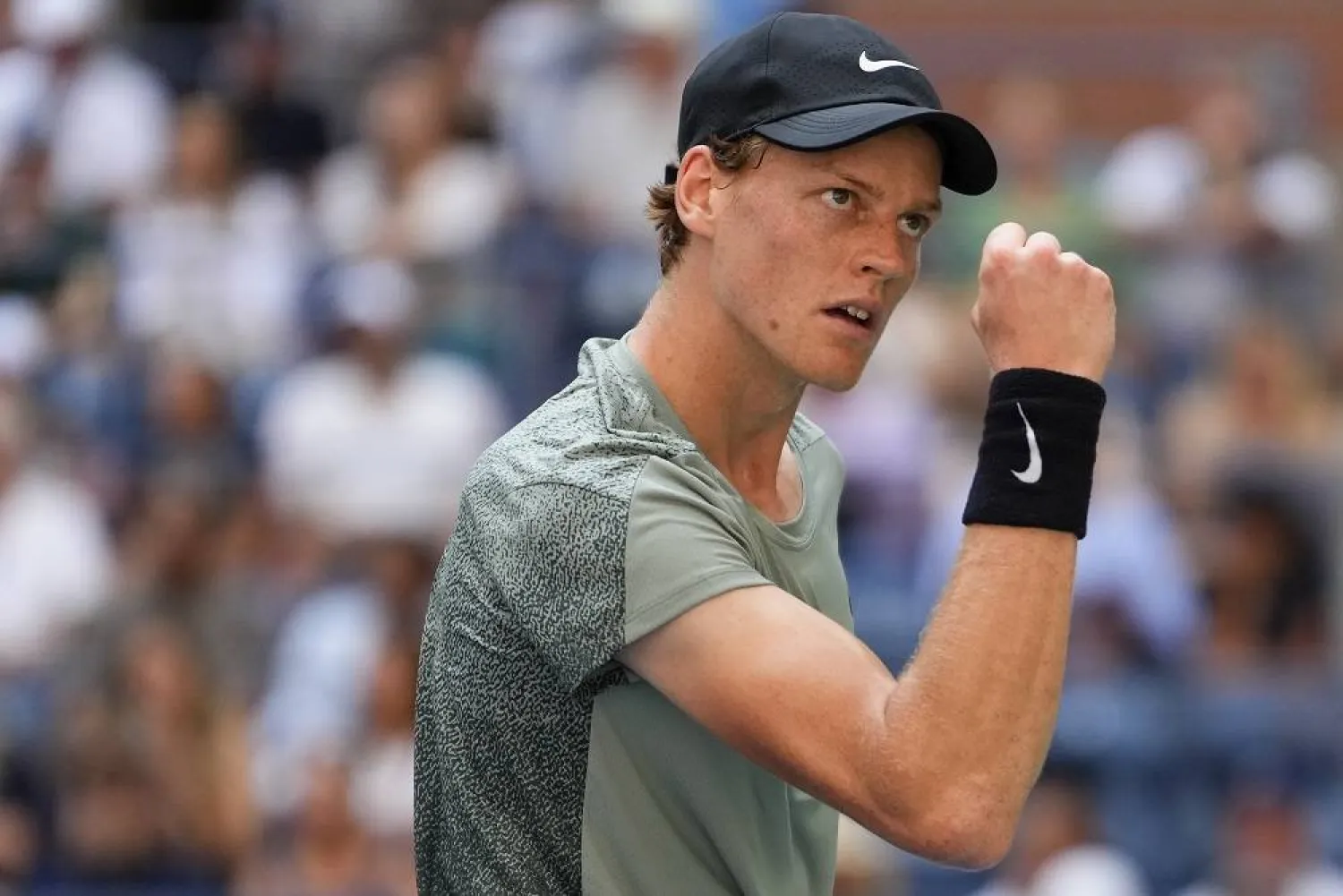If there were any boos directed Jannik Sinner's way at the US Open, they were imperceptible amid the polite applause from the sparse crowd at Arthur Ashe Stadium when he was introduced Tuesday before the No. 1-ranked man's first match since his doping case emerged a week ago.
After a sloppy and slow opening set, Sinner pulled away for a 2-6, 6-2, 6-1, 6-2 victory against Mackie McDonald of the United States to reach the second round at Flushing Meadows.
“The response from fans, I feel it has been great. Also throughout, when the news came out, in the practice sessions, there was a lot of support, which I’m very glad and happy about,” Sinner said. “It is still a little bit not easy. You have to go through, day by day.”
There were no apparent signs in the stands or disparaging shouts making reference to what no one knew about for months: Sinner tested positive twice for trace amounts of the anabolic steroid Clostebol in an eight-day span in March.
Nothing was announced publicly until last week, when word came that the 23-year-old Italian was docked prize money and ranking points from the tournament where the first result appeared, but he escaped a suspension because it was ruled he was not at fault and the drug entered his system unintentionally, through a massage from his physiotherapist.
In his first public comments on the matter, at a pre-tournament news conference Friday, Sinner said he had fired the fitness trainer who bought an over-the-counter spray containing Clostebol in Italy and the physiotherapist who used it for a cut on his finger before treating the player and transferring the substance to his body.
During a brief on-court interview in Ashe, Sinner wasn't asked about the case, which has drawn some criticism from other players, including Novak Djokovic, about the way it was handled and questions about whether certain athletes are treated differently than others when it comes to the process for determining punishments related to doping.
“I cannot really control what they think and what they (say). I cannot control the players’ reaction,” Sinner said. “If I have something to say to someone, I go there privately, because I’m this kind of person. But, look, overall, it has been not bad. So I’m happy about that.”
Against McDonald, an American ranked 140th who fell to 4-13 in 2024, Sinner was way off the mark at the outset. He double-faulted. He put what should have been an easy smash into the net. He messed up volleys. It added up to 14 unforced errors in the initial set, helping McDonald grab five games in a row from 2-all to collect that set and go up a break in the second.
“I made him see a lot of balls. I served really well, too. I was defending super well,” said McDonald, who beat Rafael Nadal at the 2023 Australian Open. “My level just decreased, which is disappointing. I feel like I can play some really good tennis, which I did for a little bit. But to do that for a long time against a guy like that was too tough for me.”
Sinner turned things around quickly in the second set, making just 15 unforced errors combined over the last three sets, including zero in the third, and next will face another American, Alex Michelsen.
The way Sinner picked up his play is what everyone is used to seeing from him, particularly on hard courts like those used in New York. He improved to 29-2 on the surface this season with four titles, including his first Grand Slam trophy at the Australian Open in January.
“He just constantly pressures you,” McDonald said. “The ball is coming back so fast, over and over and over.”









